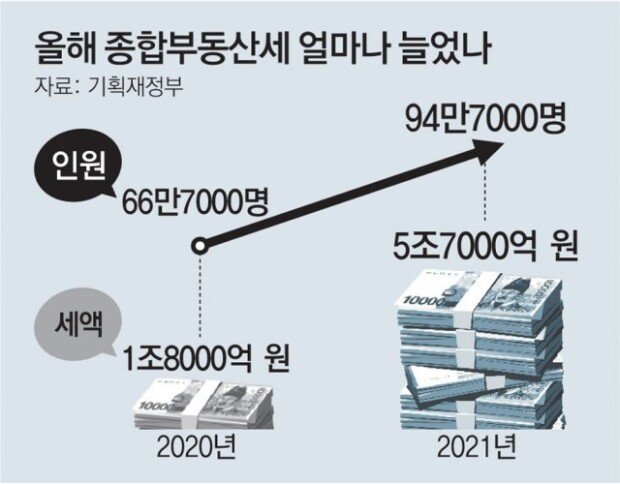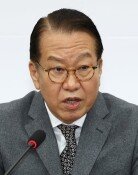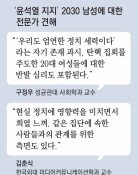Taxpayers subjected to comprehensive housing tax soar
Taxpayers subjected to comprehensive housing tax soar
Posted November. 23, 2021 07:24,
Updated November. 23, 2021 07:24

The tally found that a total 947,000 taxpayers will be subjected to the comprehensive real estate taxes this year, reaching an all-time high. The amount of taxes to be paid is estimated at around 5.7 trillion won, a threefold rise compared to the previous year.
While the government has increased the threshold of this specific real estate taxation from 900 million 1.1 billion won, the number of households to be exacted with the taxes has jumped by over 10,000 from last year owing to the skyrocketing housing prices in South Korea.
The Ministry of Economy and Finance announced Monday that the number of taxpayers subjected to the comprehensive real estate taxation was tallied at 885,000 individuals and 62,000 corporate bodies, totaling at 947,000. The figure has jumped about 42.0% from last year (667,000). The tax has also soared by 217% (3.9 trillion won) to 5.7 trillion won from last year (1.8 trillion won).
The number of taxpayers and the tax amount have surged during the tenure of President Moon Jae-in owing to the high-flying housing prices of the country. Back in 2017, the first year of the Moon Jae-in administration, a total 331,763 people paid 387.8 billion won. Merely four years later, the number of taxpayers jumped 2.9 times and the amount of taxation skyrocketed 14.7 times.
With the issuance of the controversial tax bills fueling public ire, the government uncharacteristically offered a briefing to put out the fire, claiming that it is multi-house owners and corporate bodies that are mostly bearing the brunt of the comprehensive housing taxes. “98% of South Koreans are irrelevant with the comprehensive home taxes,” claimed Minister of Economy and Finance Hong Nam-ki on his Facebook, adding, “The entirety of those tax incomes will be transferred to local municipalities, so the statement is simply false that the government is using the home taxes to offset its fiscal deficits.”
Choong-Hyun Song balgun@donga.com · Ae-Jin Ju jaj@donga.com







